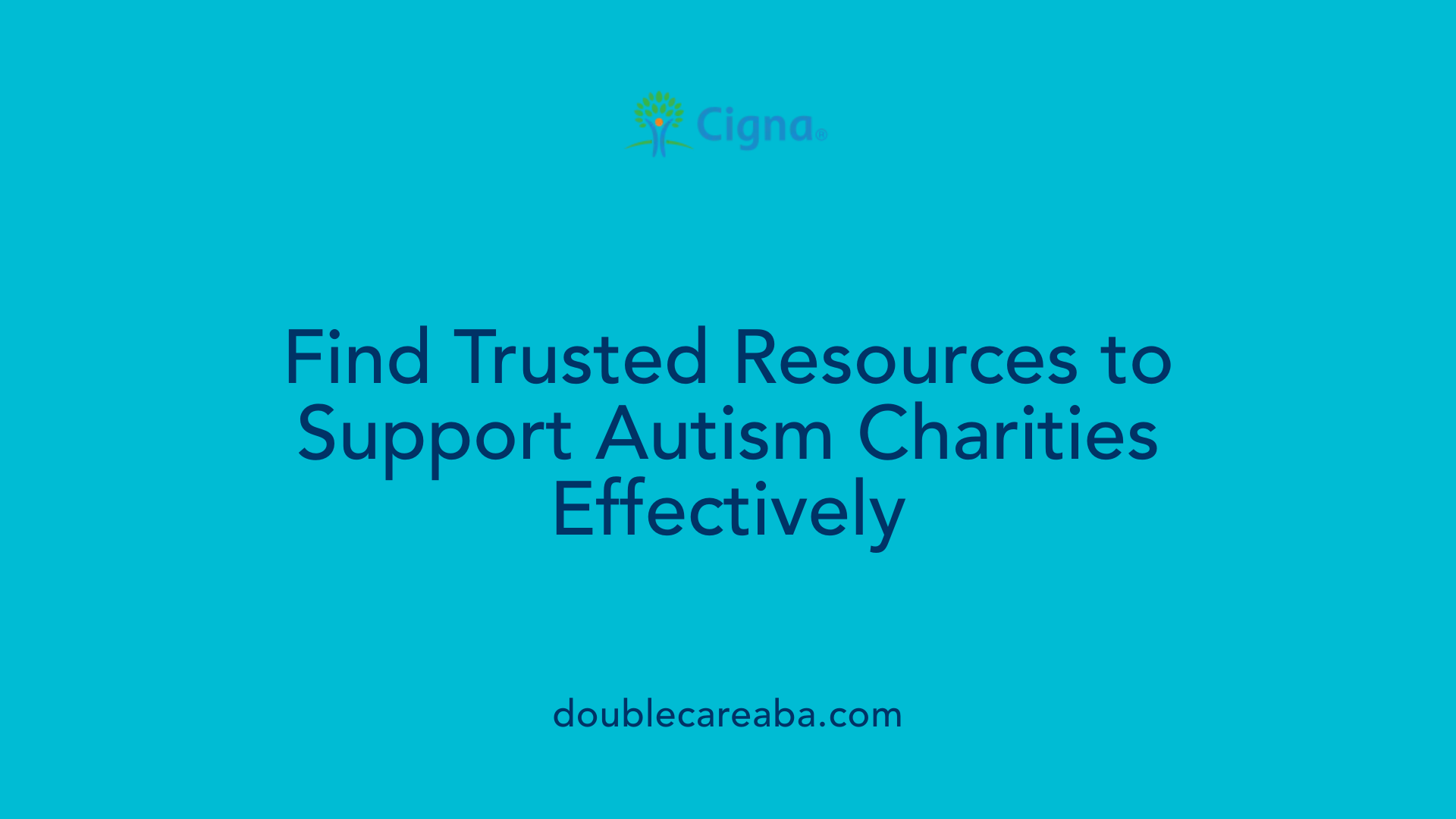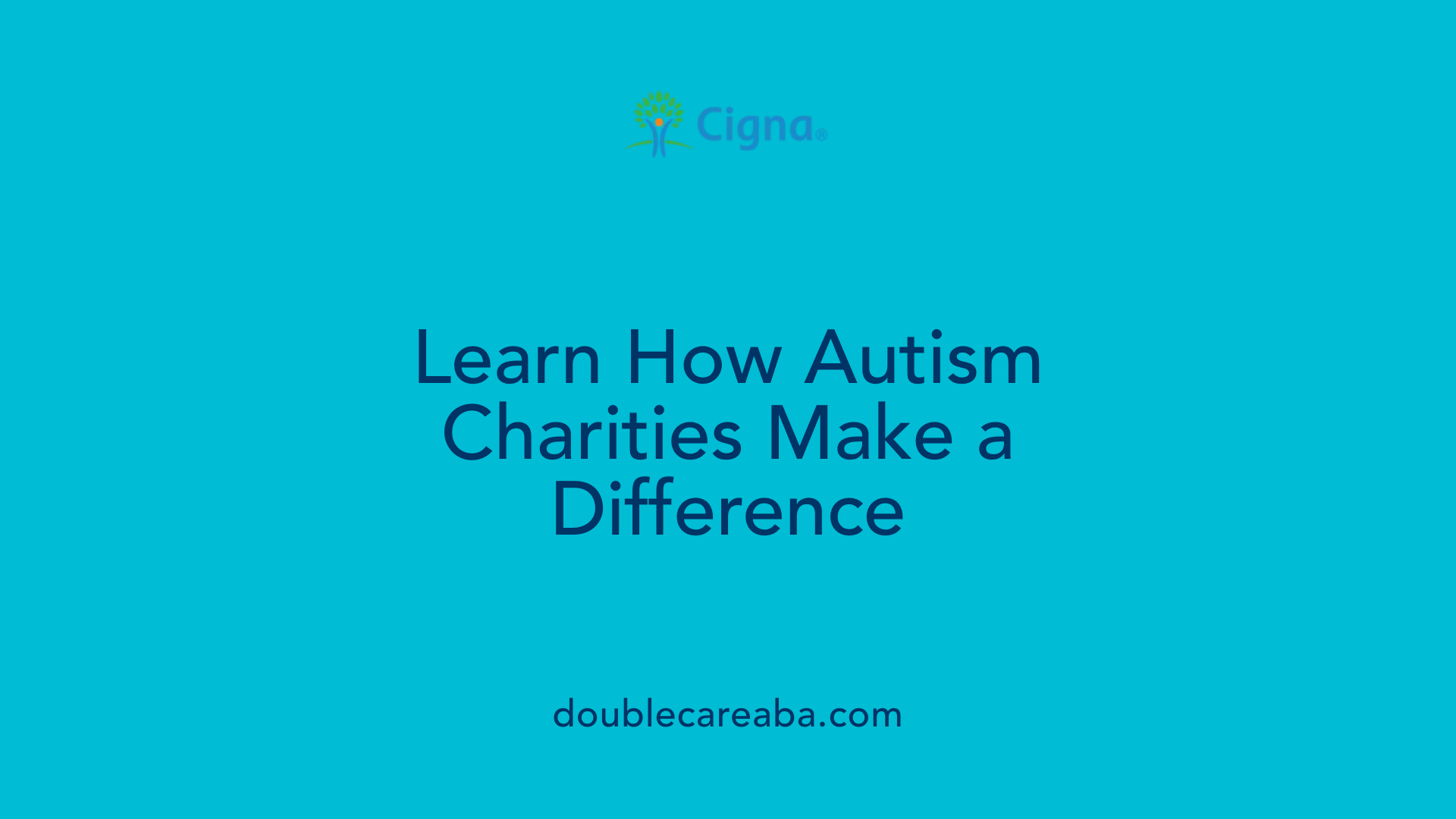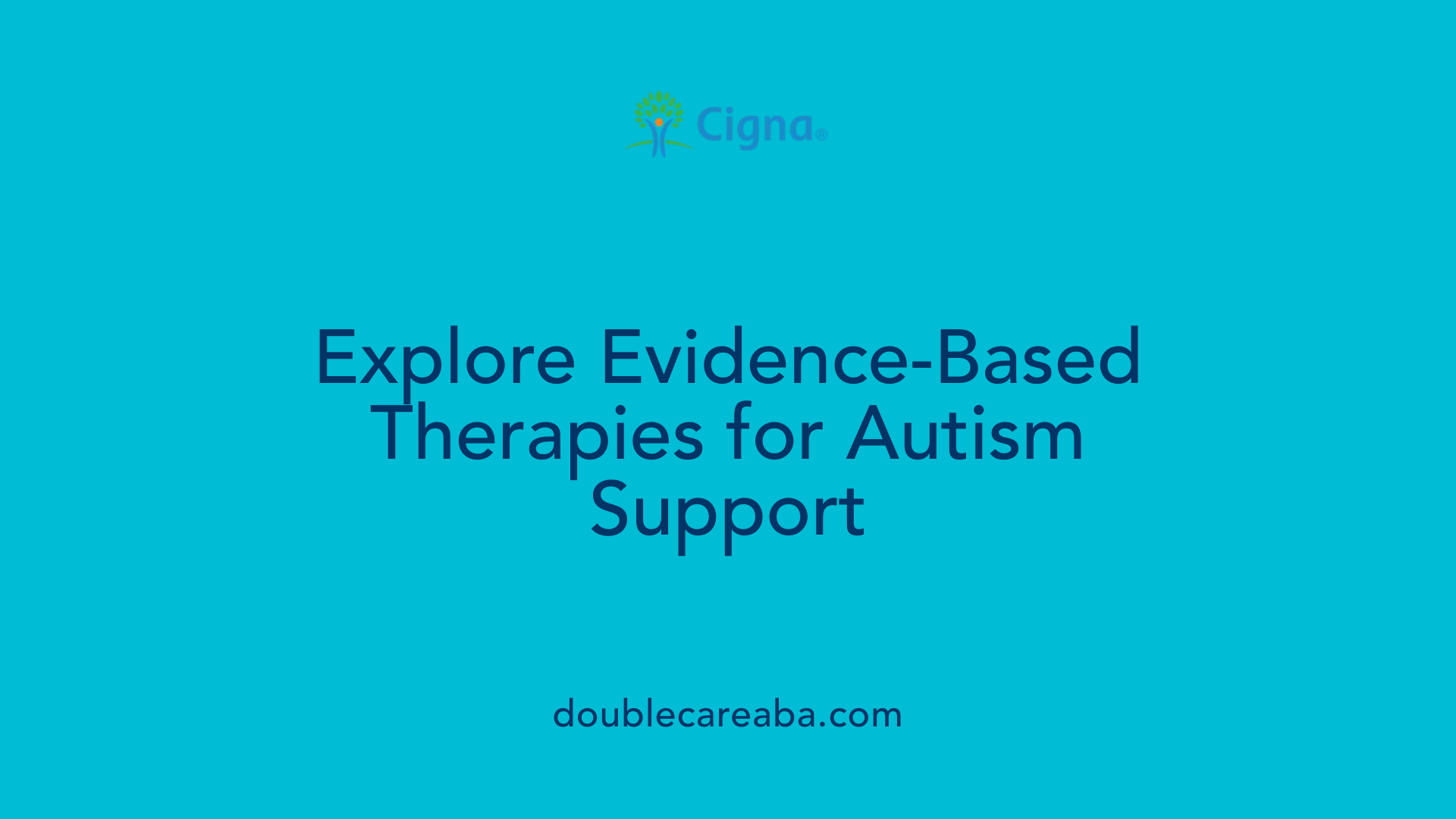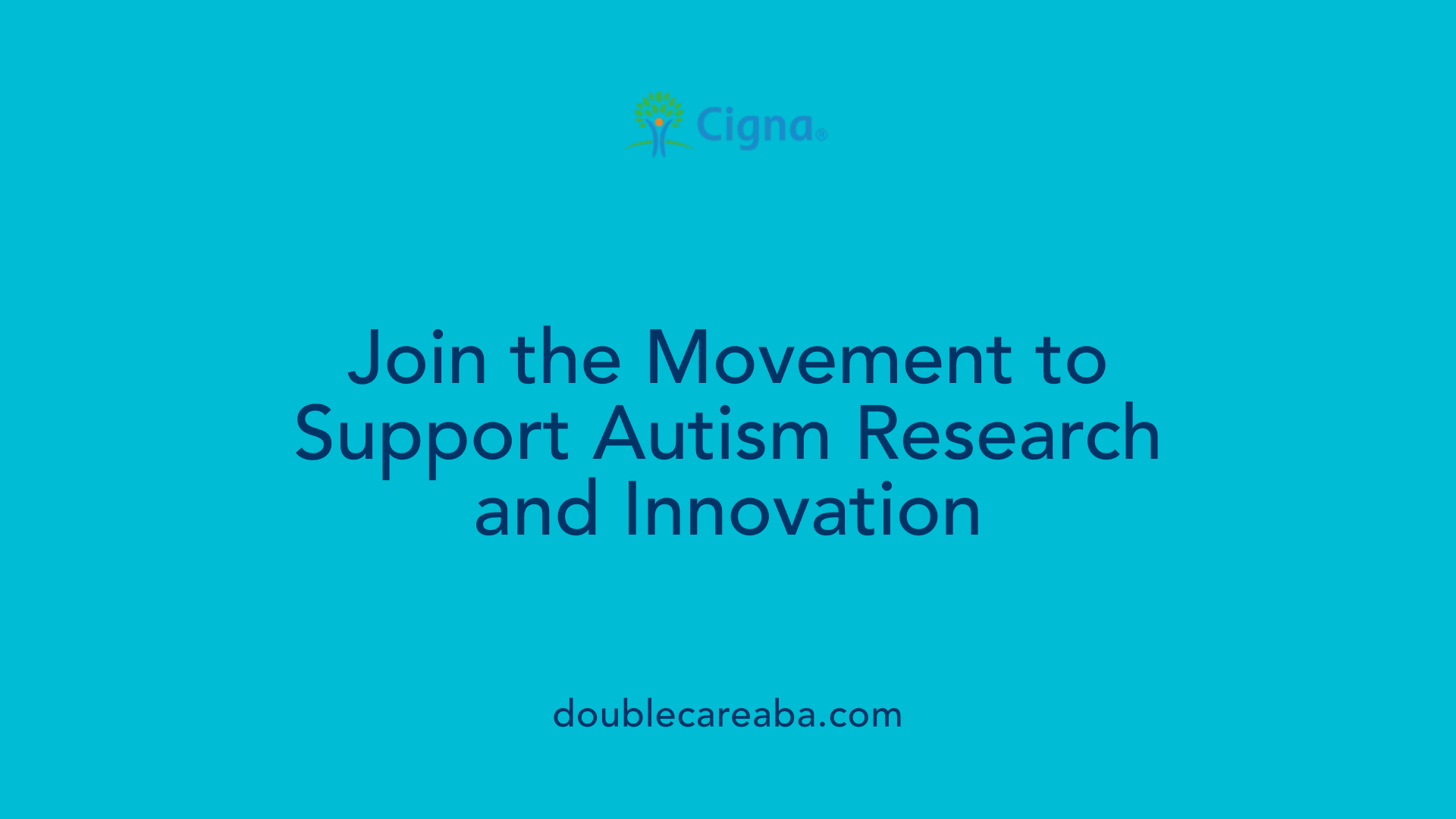Understanding How to Support and Choose the Right Autism Charity
Deciding to support autism charities is a meaningful way to promote awareness, acceptance, and research. However, with numerous organizations and initiatives, it's essential to choose charities wisely to ensure your contributions have a genuine impact. This guide provides an in-depth overview of how to evaluate, select, and contribute effectively to autism charities, aligned with your values and the community's needs.
Assessing Reputable Resources and Support Networks

What resources are available to help me support autism charities effectively?
Supporting autism charities effectively involves utilizing reputable resources that provide guidance, educational materials, and advocacy tools. Organizations like Autism Speaks and the Autistic Self Advocacy Network (ASAN) are well-regarded for their comprehensive resources. Autism Speaks offers tools such as the Resource Guide, which helps donors evaluate and support autism initiatives, organize fundraising events like the Autism Speaks Walk, and advocate for policy changes.
Similarly, ASAN provides accessible resources including policy reports, toolkits, and guides that promote neurodiversity and community inclusion. These materials aim to empower individuals and families while fostering awareness and acceptance.
Beyond direct organizational resources, online watchdog platforms like Charity Navigator and GuideStar help assess the credibility, financial health, and impact of various charities. Reviews and testimonials from other donors can also provide insight into a charity’s effectiveness.
Engaging with these trusted organizations and their educational materials enhances your understanding and boosts the impact of your support, ensuring donations go toward effective programs and initiatives.
Understanding the Mission and Impact of Autism Charities

What resources are available to help me support autism charities effectively?
Supporting autism charities effectively begins with knowledge and access to reliable resources. Reputable organizations such as Autism Speaks and the Autistic Self Advocacy Network (ASAN) offer extensive educational tools, community programs, and advocacy strategies. Autism Speaks organizes fundraising initiatives like the Autism Speaks Walk, and provides resources like the Resource Guide to help donors evaluate and support autism projects responsibly. ASAN supplies accessible toolkits, policy reports, and guides focused on healthcare, legal rights, and fostering community inclusion, all rooted in neurodiversity-affirming principles.
Moreover, watchdog bodies and online review sites serve an essential role in assessing the credibility and impact of various organizations. These platforms help ensure your support is directed to initiatives that are transparent, effective, and aligned with your values. Engaging with these organizations and leveraging their resources can significantly boost your understanding and influence when supporting autism charities.
Supporting Evidence-Based Interventions and Programs

Why are evidence-based and person-centered interventions important?
Supporting individuals with autism requires approaches grounded in scientific research and tailored to each person's unique needs. Evidence-based interventions ensure the methods used have been proven effective through rigorous studies, increasing the chances of positive outcomes. Person-centered strategies focus on respecting individual differences, promoting dignity, and fostering independence.
This shift away from generic solutions aims to develop programs that support well-being, communication, social skills, and daily functioning. For example, interventions aligned with NICE (National Institute for Health and Care Excellence) guidelines prioritize personalized care plans and avoid harmful or unsupported therapies.
What are some treatments and therapies backed by research?
Research supports a range of interventions aimed at improving quality of life for autistic individuals. These include:
- Behavioral therapies: Applied Behavior Analysis (ABA) remains a prominent approach designed to reinforce positive behaviors.
- Speech and language therapy: To enhance communication skills, tailored to individual capacities.
- Occupational therapy: Focuses on developing daily living skills and sensory processing.
- Social skills training: Helps improve interactions, especially important for children and young adults.
- Early intervention programs: Especially effective when initiated during early childhood, to promote developmental gains.
These therapies are continually evaluated to ensure they meet the evolving standards of scientific evidence and best practices.
Are biomedical interventions effective?
Some biomedical treatments have been studied for autism, but many lack scientific support and are considered ineffective or potentially harmful. These include chelation therapy, restrictive diets, hormone therapies, hyperbaric oxygen treatment, and vitamin supplements.
Current medical guidelines strongly advise against using these unsupported or risky approaches. The emphasis is on therapies and interventions that are evidence-based, safe, and person-centered.
How can I support the choice of interventions?
Consult healthcare professionals and trusted sources such as NHS or NICE guidelines when considering interventions. It’s vital to ensure therapies are delivered ethically, with qualified specialists, and focus on individual needs.
Ongoing evaluation and flexibility are crucial. As research progresses, interventions should be reviewed to confirm continued relevance and effectiveness.
- Summary Table of Interventions | Type | Examples | Evidence Level | Notes | |---------------------|-----------------------------------------|--------------------------------------------------|----------------------------------------------| | Behavioral | ABA, social skills training | Strong, supported by multiple studies | Should be personalized and ethically applied | | Communication | Speech therapy | Well-supported, especially for language delays | Tailored to developmental stage | | Sensory Processing | Sensory integration therapy | Mixed evidence, ongoing research | Use with professional guidance | | Biomedical | Restricted diets, chelation, hormone therapies | Not recommended without research backing | Potentially harmful if unsupported |
Supporting effective, scientifically validated interventions is essential to respect the dignity and promote the independence of people on the autism spectrum. The ongoing need for rigorous research and careful individual assessment ensures that the support provided is safe, respectful, and tailored to what each person needs to thrive.
Supporting Scientific Research and Advancing Knowledge

Why is scientific research important in understanding autism?
Understanding autism through scientific research is vital because it helps us uncover the underlying causes, effective interventions, and potential future therapies. Research informs policymakers, educators, and healthcare providers, ensuring support systems are based on evidence. It also helps dispel myths and misconceptions, promoting a more informed and accepting society.
Advances in autism research contribute to early diagnosis, better educational strategies, and tailored treatment plans. The evolving scientific landscape allows for ongoing refinement of approaches, leading to improved quality of life for autistic individuals.
Who funds autism research?
Various organizations dedicate resources to autism research. For example, the Autism Science Foundation funds studies into the causes of autism and developments in treatments. The Autism Research Institute conducts scientific investigations to improve diagnosis, intervention, and prevention. Meanwhile, the UC Davis MIND Institute focuses on neurodevelopmental research aimed at discovering innovative therapies.
These organizations often collaborate with academic institutions, hospitals, and government agencies to conduct comprehensive research. Their funding supports laboratory studies, clinical trials, and community-based research to ensure interventions are effective and safe.
How does research support the development of interventions?
Research plays a crucial role in creating targeted interventions that improve functional skills, communication, and social understanding for autistic individuals. Evidence-based practices such as speech, occupational therapy, and behavioral interventions are constantly refined through ongoing scientific studies.
Guidelines from health authorities like NICE (National Institute for Health and Care Excellence) recommend specific therapeutic approaches for different age groups based on solid research evidence. For instance, play-based strategies are commonly advised for young children, while employment support and social skills training benefit adults.
However, the scientific community emphasizes caution, as many interventions continue to lack rigorous evidence of effectiveness. Continuous research is needed to evaluate the impact of various programs, ensuring that support remains person-centered and respectful of neurodiversity.
Supporting autism research and improving lives
Supporting organizations invested in autism research involves donations, advocacy, and raising awareness. These efforts help accelerate scientific discoveries and translate findings into practical applications. Breaking new ground in understanding autism’s complexities can lead to more personalized and effective interventions, ultimately enhancing independence and quality of life.
By fostering a collaborative environment between researchers, clinicians, and the autism community, we can ensure that innovations are relevant, accessible, and ethically conducted. Public support and involvement are fundamental to advancing knowledge and making meaningful progress in autism spectrum disorder research.
| Organization | Focus Area | Notable Contributions | Funding Impact |
|---|---|---|---|
| Autism Science Foundation | Causes and treatments | Grants research into underlying biology | Supports pioneering studies on autism etiology |
| UC Davis MIND Institute | Neurodevelopment | Develops new therapies & early diagnosis | Pioneers interventions tailored to individual needs |
| Autism Research Institute | Applied research | Provides resources and conducts scientific studies | Enhances understanding of effective interventions |
| The Autism Society of America | Advocacy & research support | Funds community-based research projects | Promotes inclusive and evidence-based support programs |
How to support autism research effectively?
Supporting research requires informed giving. Donating to credible organizations that prioritize scientific rigor, transparency, and community impact ensures your contributions make a real difference. Always verify an organization’s reputation through independent reviews and its track record in funding meaningful studies.
Engaging with advocacy efforts, participating in awareness campaigns, and staying informed about current research findings also contribute to progress. Collaboration between researchers, policymakers, and the autism community remains essential for translating discoveries into practice.
In conclusion, research is the backbone of advancing support and understanding for autism. Continued investment and public engagement are vital to unlocking new therapies, improving interventions, and fostering a society that respects and includes all individuals on the spectrum.
Empowering Your Support for Autism through Informed Choices
Supporting autism charities is a rewarding journey that requires thoughtful research and alignment with your values. By assessing credibility, understanding the goals and programs, and advocating for evidence-based practices, you can ensure your contributions truly make a difference. Remember, supporting reputable organizations not only funds vital research and services but also promotes a more inclusive society that respects and champions neurodiversity. Your informed support can lead to meaningful change, creating a better future for individuals on the autism spectrum.
References
- 20 Autism Charities Worthy of Your Donations
- How to Choose an Autism Charity
- Where to get autism support
- National Autistic Society
- Strategies and interventions
- Autism Speaks: Autism support, resources & advocacy
- Resource Guide
- Resource Library
- AANE Homepage - AANE
- Diagnostic Evaluation of Autism Spectrum Disorders - PMC













